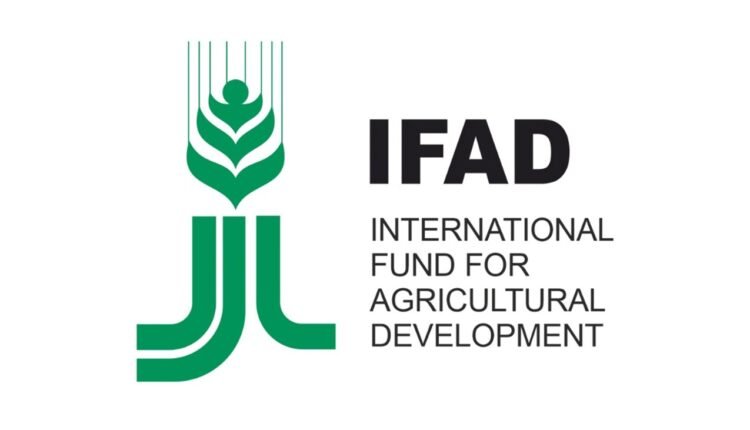IFAD Resumes Funding for Resource Sustainability and Livelihoods in Sudan

Port Sudan – Sudanhorizon
The Ministry of Finance and Economic Planning announced its commitment to spending on the agricultural sector in both its branches as a priority to achieve food security goals and to utilize resources to help small farmers transition from subsistence farming to a more sustainable economic production.
Meanwhile, the International Fund for Agricultural Development (IFAD) revealed its readiness to resume funding for the Natural Resources Sustainability and Livelihoods Project in Sudan.
During a meeting today at the Ministry Complex in Port Sudan, the Ministry’s Undersecretary, Dr. Mohamed Bashar, met with Dr. Rasha Omar, IFAD’s Country Director in Sudan, and was briefed on the results of IFAD’s field mission visits to monitor the performance of the sustainability project in several locations, including New Halfa and Port Sudan.
Bashar praised IFAD’s resumption of funding for small producers and its support of the government’s efforts to improve people’s livelihoods. He stressed the importance of equipping beneficiaries with more efficient production tools and drawing on the experiences of other countries, adapted to Sudan’s context, to achieve the desired outcomes.
He also reviewed the promising potential of the livestock sector and the opportunities for IFAD’s interventions to improve animal production and maximize its economic returns.
For her part, Dr. Rasha announced IFAD’s readiness to resume funding for the Natural Resources Sustainability and Livelihoods Project in Sudan’s states, noting that it aligns with IFAD’s strategy of achieving food security and transitioning small producers from subsistence farming to market-oriented and commercial production.
She explained that the main components of the project include expanding community-based natural resource management and related activities, improving the institutional framework for scaling up management, and strengthening program management and stakeholder coordination (government, NGOs, the private sector, and target communities).
She further noted that the project is being implemented in nine states: Gezira, Khartoum, River Nile, Kassala, Gedaref, Sennar, and the Kordofan states.
Shortlink: https://sudanhorizon.com/?p=7649

